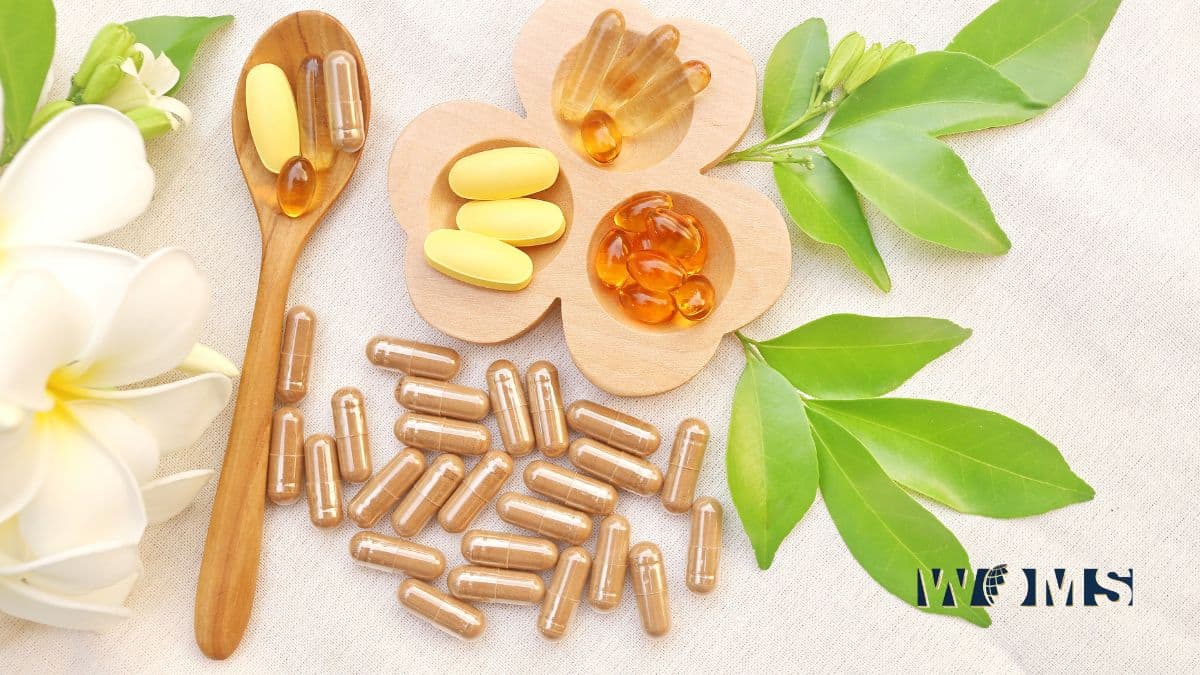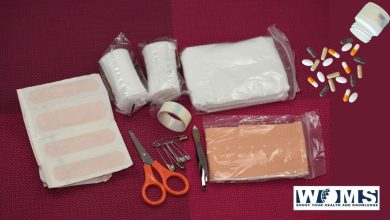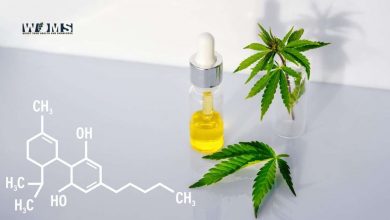The Psychology of Beauty: How Ingestible Supplements May Boost Confidence and Self-Esteem

In the quest for beauty, society has taken a turn from the external to the internal, focusing on the ingestion of supplements that promise to boost the appearance from the inside out. This shift is largely driven by the increasing recognition of the correlation between physical appearance and psychological well-being, a link that is deeply rooted in the human psyche. This article explores how ingestible beauty supplements can influence not only our physical features but also our confidence and self-esteem.
The American Psychological Association defines self-esteem as an individual’s subjective evaluation of their own worth, encompassing beliefs about oneself as well as an emotional response to those beliefs. Confidence, on the other hand, is more situational, referring to a belief in one’s abilities in a particular domain. Both concepts are intertwined with our perception of physical attractiveness due to societal standards of beauty (American Psychological Association, 2020).
The ‘beauty from within’ approach, facilitated by ingestible supplements, is a growing trend in the beauty and wellness industry. These products, also known as ‘nutricosmetics,’ are substances taken orally to improve health and beauty. They range from vitamins and minerals to more specific compounds like collagen, hyaluronic acid, and antioxidants. As per a report by Grand View Research (2019), the global nutricosmetics market size was valued at USD 5.6 billion in 2020 and is expected to grow significantly due to increased consumer awareness about health and beauty.
The impact of such supplements on physical appearance can be significant. For instance, a study published in the Journal of Cosmetic Dermatology (2019) found that oral supplementation with collagen peptides improved skin elasticity and hydration. Similarly, a study from The American Journal of Clinical Nutrition (2012) reported that higher intakes of vitamin C and linoleic acid were associated with better skin-aging appearance. These physical improvements, in turn, can positively influence self-perception and self-esteem.
But how does physical beauty relate to self-esteem and confidence? In their ‘Beauty Is the Promise of Happiness?’ study, researchers Daniel S. Hamermesh and Jason Abrevaya (2013) from the University of Texas found that attractive individuals have traits that enhance happiness, including higher income, more education, higher self-esteem, and higher marital satisfaction. Furthermore, a study published in the Journal of Personality and Social Psychology (1993) reported that attractiveness could predict overall life satisfaction. Although societal standards of beauty can vary, the perceived benefits of attractiveness appear to be consistent.
The process is not just about achieving physical beauty standards but also about the journey of self-care, which is psychologically empowering. The act of taking supplements can instill a sense of control over one’s appearance, resulting in increased confidence and self-esteem. This was evident in a study from the Journal of Health Psychology (2017), which found that self-care behaviors, including the use of dietary supplements, were positively associated with self-esteem.
Moreover, the positive reinforcement received from others upon noticeable improvements in appearance can further enhance an individual’s self-esteem. As per the ‘Sociometer Theory’ proposed by sociologist Mark Leary (1999), self-esteem is a gauge of interpersonal relationships. When people notice and compliment improvements, it boosts one’s self-esteem.
While the psychological benefits of beauty supplements are evident, it is essential to approach this trend responsibly. As the Journal of Dietary Supplements (2018) cautions, the supplement industry is less regulated than the pharmaceutical industry, leading to potential discrepancies in the quality and safety of products. Therefore, consumers should research and consult healthcare professionals before starting any supplement regimen.
In conclusion, the ‘beauty from within’ approach, facilitated by ingestible beauty supplements, can have a profound mpact on not just physical appearance, but also on an individual’s psychological wellbeing. The correlation between physical attractiveness and self-esteem, along with the empowerment derived from self-care behaviors, contribute significantly to this effect.
However, it’s crucial to remember that while beauty supplements can contribute to enhanced self-esteem and confidence, they are not a ‘magic bullet.’ True self-esteem comes from a healthy self-concept, achieved by recognizing one’s intrinsic worth beyond physical appearance.
Ingestible beauty supplements represent a promising area in the beauty and wellness industry. Still, more research is needed to further explore their psychological benefits and potential risks. While society continues to redefine its standards of beauty, the quest for self-confidence and high self-esteem remains a universal pursuit. As this pursuit is increasingly linked with physical appearance, it is crucial to approach beauty in a holistic manner that encompasses both physical health and psychological wellbeing.
With a deeper understanding of the psychology of beauty, we can better appreciate how beauty supplements can contribute to our overall sense of self. By taking control of our beauty regimen and focusing on health from the inside out, we may find a path to increased self-esteem, confidence, and ultimately, personal fulfillment.




